De la conception du questionnaire à l’analyse des résultats, FORS propose un accompagnement méthodologique complet pour vos enquêtes. Contactez-nous pour discuter de vos besoins et obtenir un devis.
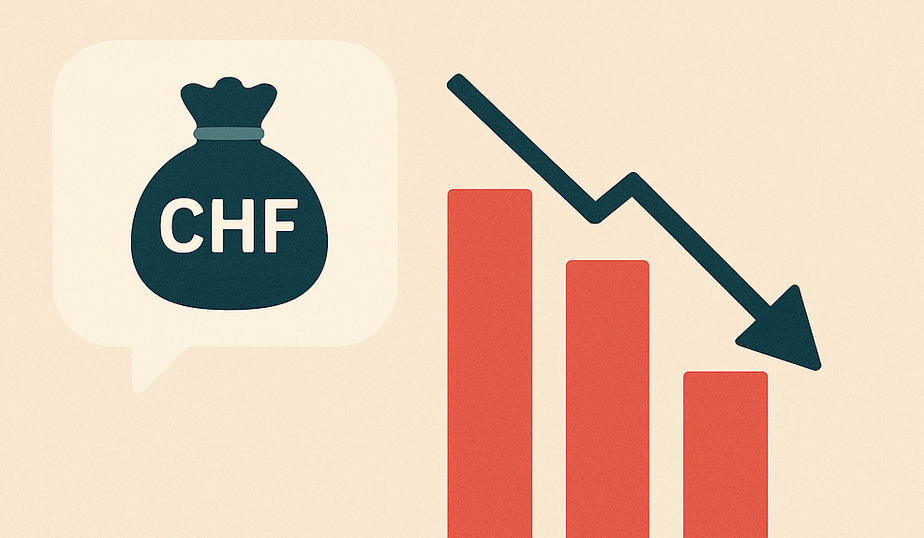
Le nouveau numéro de SelectsActuel montre dans quelle mesure les jeunes votant·e·s se détournent des partis traditionnels et présente d’autres résultats clés de la dernière enquête.
The SHP & TREE co-hosted a well-attended conference at UNIL on June 4–5, 2025, featuring a rich programme on key social topics such as education, health, migration & methodology.
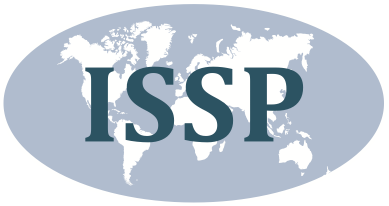
The release of ISSP 2022 Family and Changing Gender Roles V includes data from Switzerland and 21 additional ISSP member countries.
Rédigé par Georg Lutz (FORS) et Rita Gautschy (DaSCH), ce papier est une référence clé pour orienter la politique future des infrastructures de recherche en Suisse.
Le jeu de données cumulé de Selects regroupe l’ensemble des enquêtes électorales suisses réalisées entre 1971 et 2023.
Nous venons de publier notre rapport annuel 2024, qui présente un aperçu de nos principales activités et évolutions au cours de l’année écoulée.
Register now for the third online webinar on Authority data, standards and metadata. 28th of May (2:00–3:30pm). Hosted by Rita Gautschy (DaSCH) & Auriane Marmier (FORS).
All datasets are on SWISSUbase, with Wave 25 including new questions on asylum seekers and the environment.
Do you have questions about managing and sharing your social science research data? We’ve got answers. Every second Thursday of the month from 13:00 to 14:00 online.
Les données MOSAiCH/ISSP 2024 sur le thème des « Sociétés digitales » collectées au printemps 2024, sont maintenant disponibles.
Vous êtes-vous déjà demandé comment vos données sont traitées lorsque vous participez à l’une de nos enquêtes FORS ? Nous avons créé une courte vidéo qui vous emmène dans les coulisses de nos processus de sécurité des données.
Depuis 1995, l’étude électorale suisse Selects analyse la participation et le comportement électoral lors des élections fédérales.

Les chercheuses et chercheurs sont invité·e·s à soumettre des questions pour la 2e partie de l’enquête MOSAiCH 2026. Délai: lundi 21 avril 2025.
The Sounding Board of Service Providers has just published a report with key recommendations to strengthen Open Research Data practices in Switzerland.
This doctoral study based on the SHP reveals that urban greenery and mixed land use significantly enhance life satisfaction, offering valuable insights for future urban planning.
Utilisez-vous SWISSUbase pour partager ou accéder à des données ? Si vous souhaitez en savoir plus sur la plateforme, ses services ou les équipes et institutions qui la soutiennent, visitez notre nouveau site d’information.
The final version of the ISSP 2021 Health and Health Care II data file offers insights into health attitudes and behaviours from Switzerland and 29 other member countries.
We are pleased to announce the release of our updated search tool, designed to provide a detailed overview of the available SHP questions and variables.
We are pleased to announce that the beta-version of wave 25 of the Swiss Household Panel has been published on SWISSUbase.
A new study found that older adults experienced increased stress and decreased life satisfaction and positive affect after the Covid-19 pandemic, indicating greater difficulties adapting to the uncertain post-pandemic world.
This package provides functions for extracting, assembling, and matching user-specified variable data into sequences with variables from unique files.
The survey data collected in the latest round of the European Social Survey (ESS) is now available for 13 countries, including Switzerland.
FORS is pleased to be part of the founding assembly and announces the appointment of Georg Lutz, Director of FORS, to the position of President within SSHOC-CH.
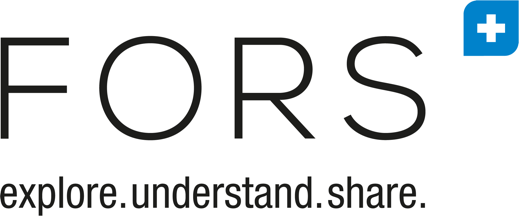







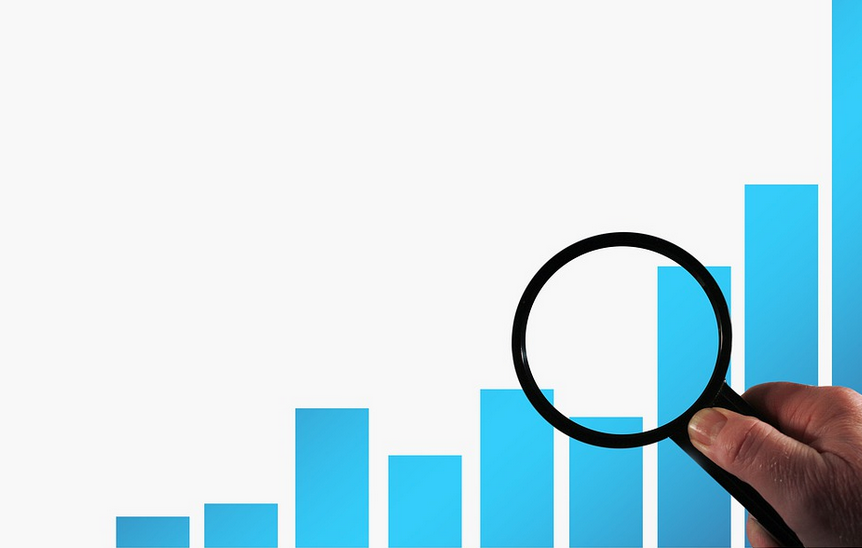






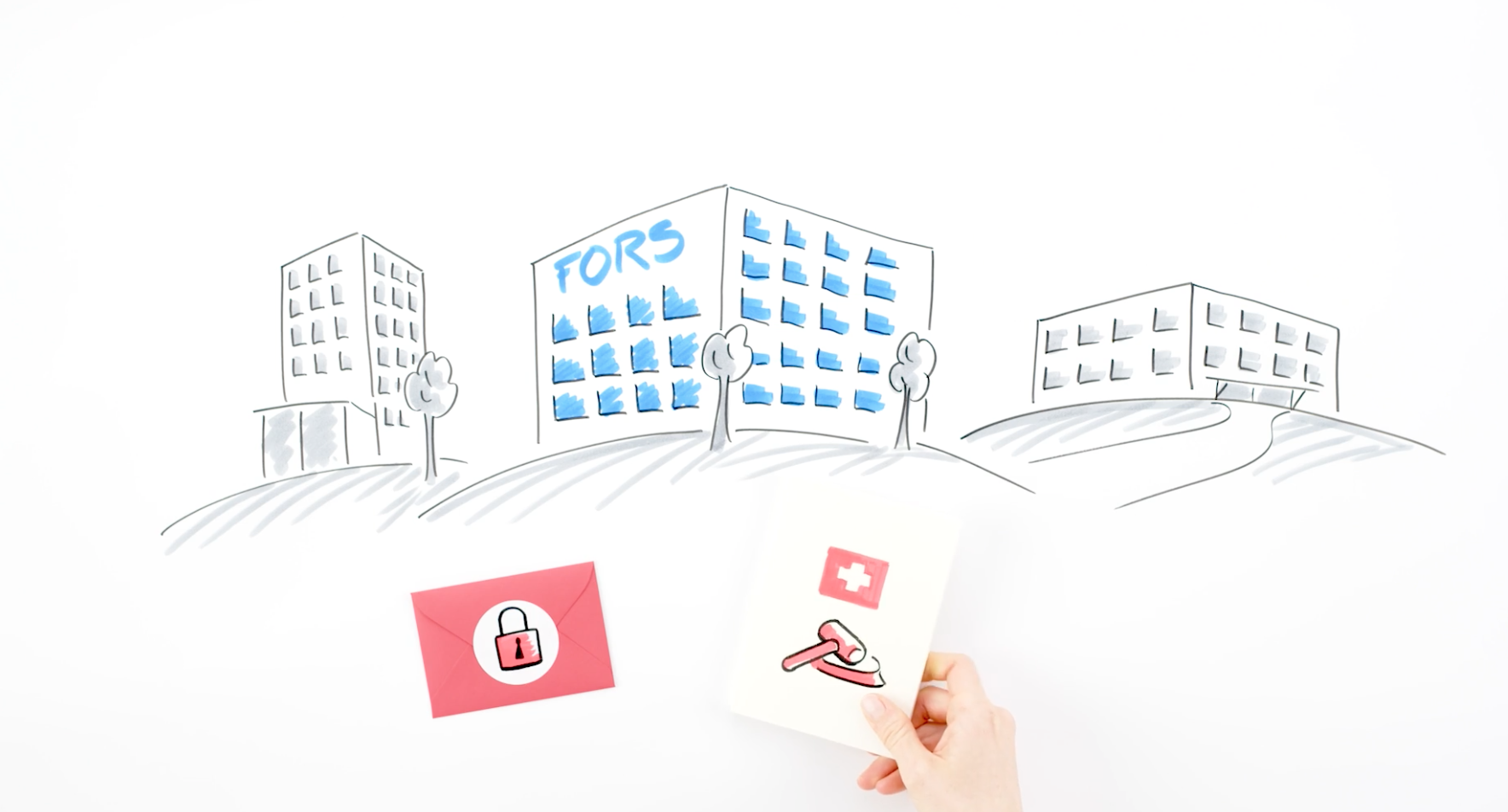

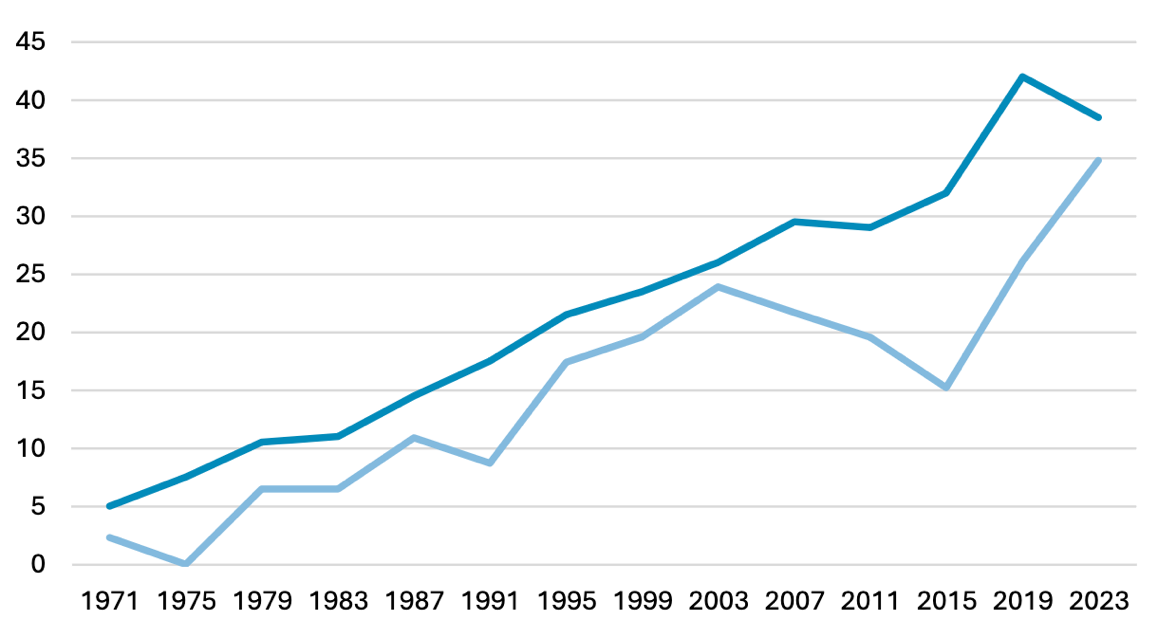


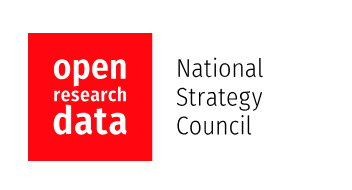

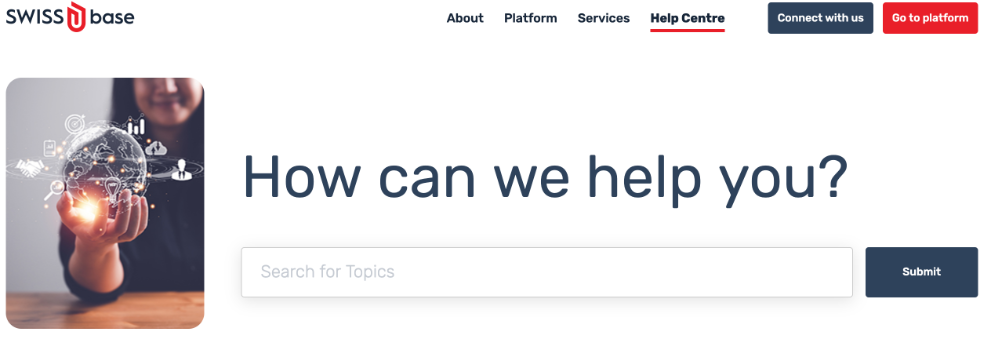

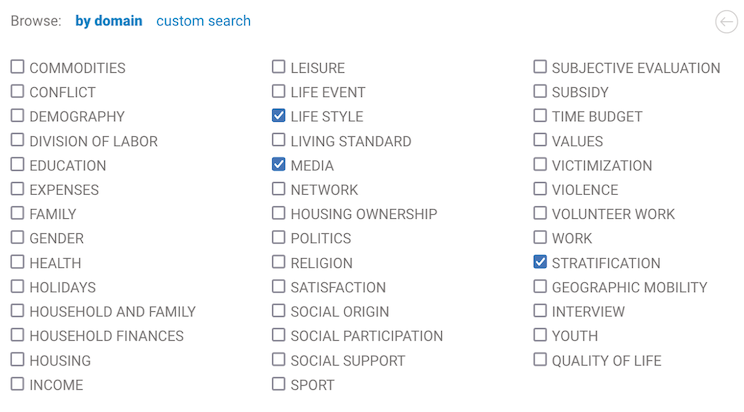




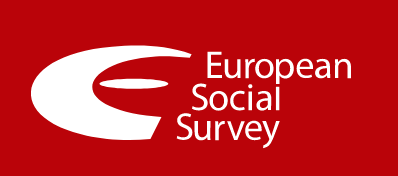
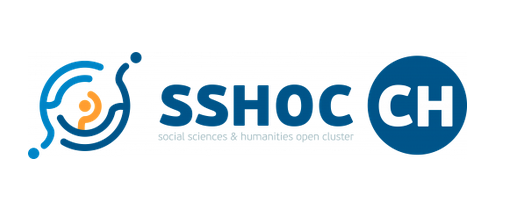
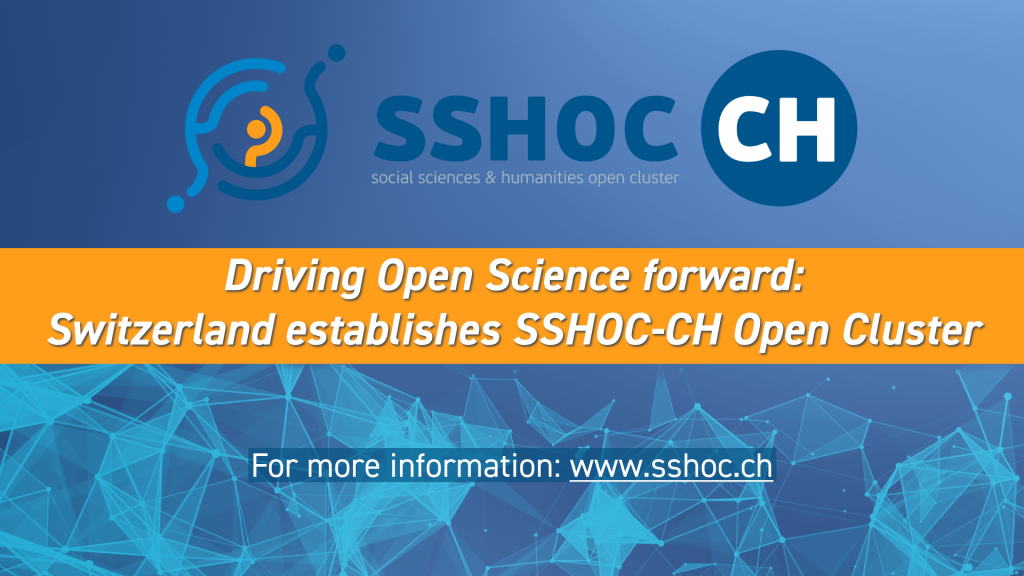
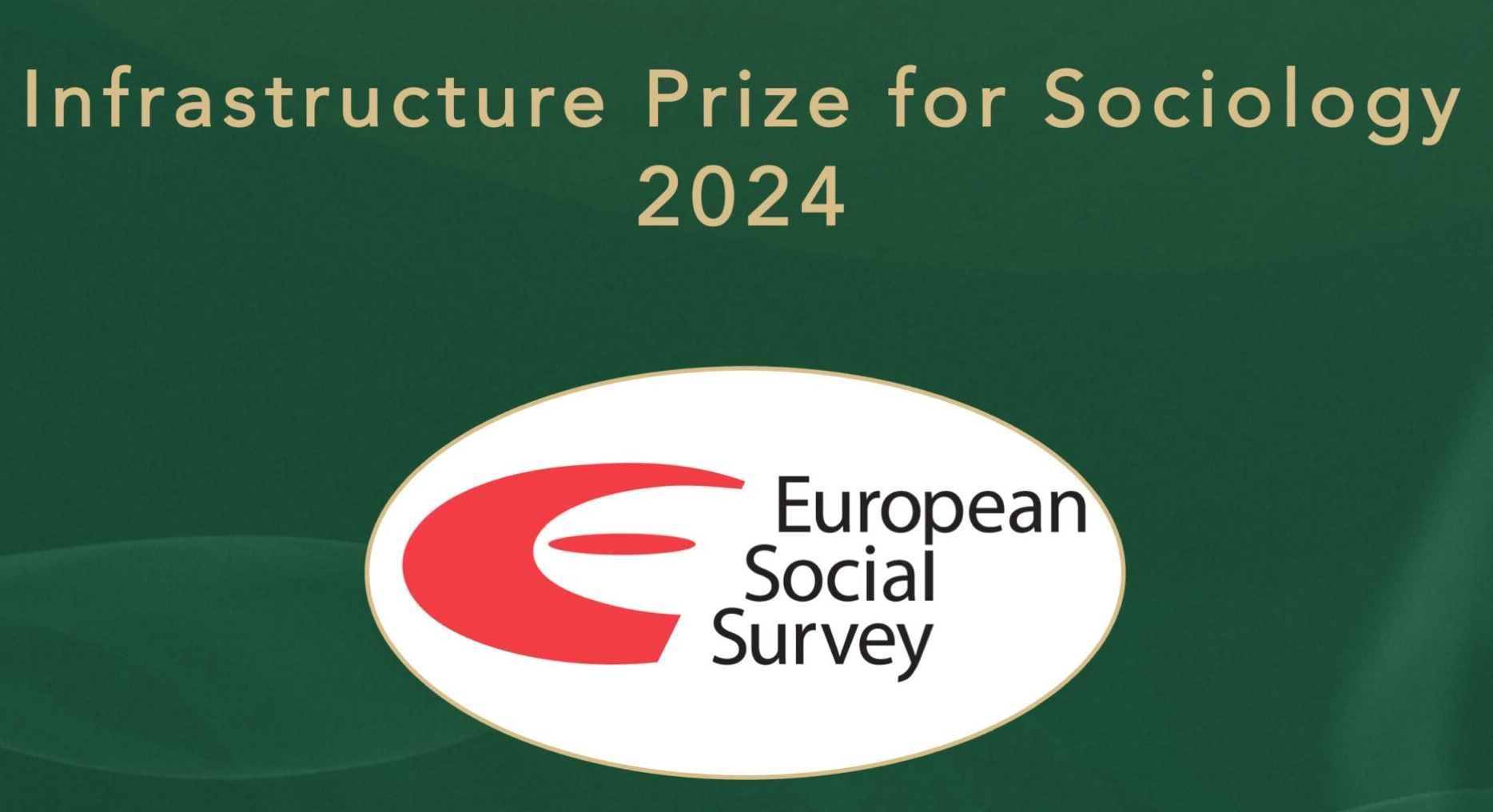
 Bâtiment Géopolis,
Bâtiment Géopolis, +41 (0)21 692 37 30
+41 (0)21 692 37 30

